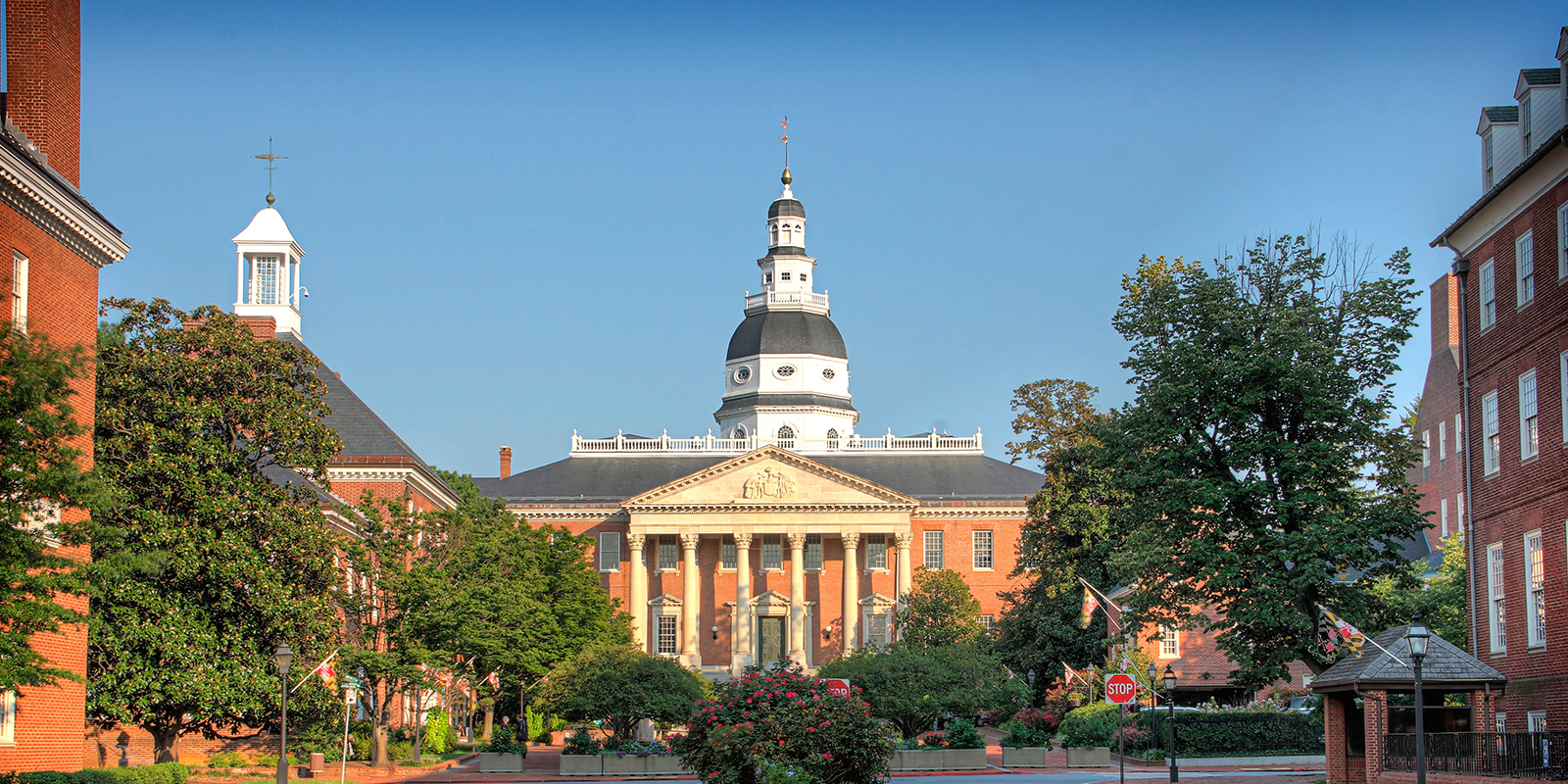AFSCME members are fighting for workers at Maryland’s tax-supported community colleges and universities during the General Assembly’s 2021 session.
They are pushing bills that would expand collective bargaining rights for workers at Maryland’s 16 community colleges and streamline the contract-negotiation process for employees at the state’s nine public universities.
AFSCME and other coalition partners are backing a bill that would authorize collective bargaining rights for all community college workers. That measure would open the door for about 2,000 workers to gain collective bargaining rights.
If it passes, HB 894 would be a huge step forward for workers’ rights and in the ability of rank-and-file employees to have a say in improving the environment for themselves and the students.
During a hearing for the bill in the House Appropriations Committee, the bill’s sponsor, Del. Keith Haynes, AFSCME 67 Executive Director Glen Middleton and other supporters testified on the importance of the bill for Maryland’s community college system. Supporters highlighted how collective bargaining would improve employee retention and training, boost general career opportunities for community college professionals, and create an atmosphere for better student outcomes.
Haynes said the bill would allow full-time and part-time faculty and staff at all 16 institutions to decide whether to form unions on campus.
Middleton urged the legislature to support the bill. Council 67 represents workers at community colleges in Baltimore County, Prince George’s County and Montgomery County, where they have some collective bargaining rights.
“We believe this bill strikes a proper balance between employees’ rights to organize while ensuring that everyone in the bargaining unit has a vote in determining whether to participate or not,” he said. “Also, by granting collective bargaining rights to all employees at Maryland community colleges, you’re providing … these hardworking employees an opportunity to partner in enriching their workplace environment.”
During the COVID-19 pandemic, Council 67’s community college members were instrumental in boosting campus safety, he said.
“Our members at community colleges have been working on safety committees – those committees were created through collective bargaining,” Middleton said. “There are many examples across the country (where) collective bargaining has strengthened the workplace for employees.”
Meanwhile, AFSCME Maryland Council 3 members have been pressuring the legislature to change how contract negotiations are conducted between the state and over 6,500 members who work for the University System of Maryland (USM). Currently, staff at the nine USM campuses negotiate more than 15 different contracts. This system is inefficient, duplicative and weakens workers voices on campus, Council 3 members say.
Members stressed the importance of streamlining the negotiating process and creating a single contract so higher education workers could speak with one strong voice. Along with their partners, they testified before legislators about the importance of this bill in ensuring fair wages and benefits at different campuses across Maryland.
Relford Matthews, a member of the Council 3 Executive Board, said, “I work at the University of Maryland, Eastern Shore, as a maintenance tech. Why should there be a different policy for screening employees starting work at Bowie State University? If we’re really all under one system, we need to negotiate one contract with all of the campuses together saving time and money and making sure we have the safest working conditions for every campus.”
(Contributing: Raju Chebium)
